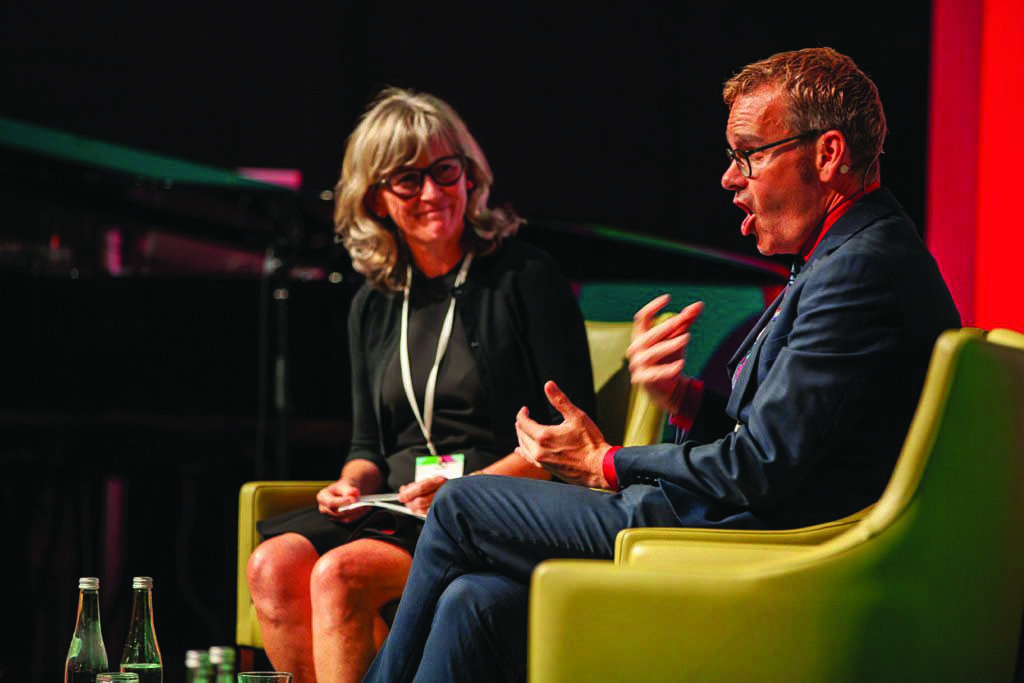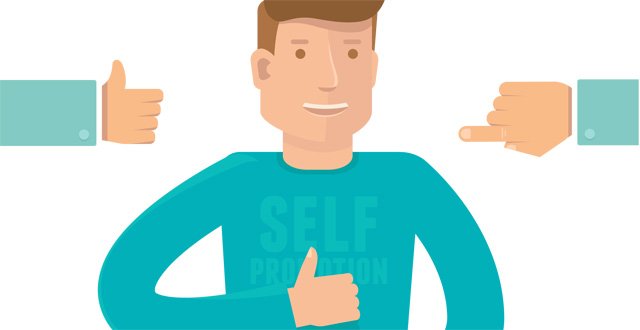David Lynch speaks to Consultant in Sleep Medicine Dr Mike Farquhar about why it is essential doctors get adequate rest during the current pandemic
The key is that we can’t just push people constantly.”
Dr Mike Farquhar, Consultant in Sleep Medicine, Evelina London Children’s Hospital, UK, told the Medical Independent (MI) that during the Covid-19 crisis it is important that doctors practice self-care and get sufficient sleep.
“Regular rest has to be built in, at every level, if this is going to be sustainable.”
Dr Farquhar co-authored (with Dr Shreena Unadkat, a Clinical Psychologist) a recent article in the BMJ entitled ‘Doctors’ wellbeing: Self-care during the Covid-19 pandemic’.
In the BMJ piece Dr Farquhar notes “the coronavirus pandemic will almost certainly be a marathon, not a sprint. To continue to deliver the best possible care for its duration, we must support our staff from the very beginning. Looking after ourselves and our colleagues has never been more important; we must give ourselves permission to change ‘the patient is always first’ narrative to ‘the patient always … but not always first.'”
The sleep medicine expert told MI that the growing focus in recent years on self-care and healthcare workers and issues around physician burnout will become increasingly vital in the coming weeks and months.

“Yes, I think this crisis very much makes starkly obvious why thinking about health and wellbeing of healthcare professionals is so important,” Dr Farquhar told this newspaper on 23 March. “If we start a crisis like this ‘already’ having drained much of our reserves, responding to what is to come will be that much harder. Hopefully when this is all over with, we remember that.”
In terms of rotas for hospitals to help best allow doctors and other healthcare workers to get sufficient good sleep and to recharge, Dr Farquhar said: “I think moving to a rotating pattern of eight-hour shifts for everyone makes sense, with rest/breaks built-in to each shift and compulsory time off built-in to the rota plan.
“Depending on how many staff are available, ‘a three on/two off eight-hour shift cycling pattern’ probably makes best sense, with shifts rotating forward (ie, day/evening/night). They’d need to be nine-hour shifts probably to allow for overlap and handover at either end, but again, that would need to be adjusted locally.”
In Dr Farquhar’s recent BMJ article it is noted that “when stressed, sleep becomes more difficult. The temptation is to see sleep as a luxury, not an essential.
“Supporting staff to be able to get the best sleep they can while responding to the pandemic is critical, because sleep is essential for physical and mental health. Crucially, when we are sleep-deprived, our immune systems can function less well, increasing our chances of becoming symptomatic on viral exposure in the first place.”
The HSE has told this newspaper that the avoidance of burnout among doctors during the Covid-19 spread is considered important by the Executive.
“It [possible burnout] is absolutely a very important factor especially if this crisis is protracted,” said Dr Colm Henry, HSE Chief Clinical Officer in response to a question from MI at a recent HSE media briefing (13 March ) in Dr Steevens’ Hospital, Dublin.
Dr Henry noted that “doctors will be using their best judgment to work in somewhat unfamiliar surroundings, in different settings than they are usually accustomed to and trained to do”.
Also answering MI’s question at the same briefing, Ms Anne O’Connor, Chief Operations Officer of the HSE, said the Executive was “prioritising” resources in relation to rostering in hospitals across the country to allow doctors have sufficient breaks during the crisis. “Resilience among our staff is an absolute priority for us,” she said.
In his BMJ article Dr Farquhar wrote that doctors “can also look after each other by compassionately witnessing and acknowledging the daily experience of working through a global health crisis.
“This is an ever evolving situation and many people have a sense of ‘unreality’ at the moment. Having other people match our experience is grounding and helps us to make sense of what is happening, which is important for longer term emotional processing. Being kind to ourselves and to those around us, is essential.”
Speaking to this newspaper last December, prior to the current pandemic, Dr Farquhar noted that sleep and rest was crucial to medical performance.
“It is not possible to sustain optimal function and performance without regular rest and breaks and without regular good-quality sleep,” he told MI in December.
“We have permitted a culture for too long where healthcare workers are expected to work long shifts, often without breaks, and often overnight, when our internal body clocks are telling us we are meant to be asleep – it’s like working when jet lagged. When we become fatigued, every aspect of our ability to function is affected.
“Tired, they are less likely to be able to deliver safe, efficient, and effective care to their patients to the standards we aim for – very simply, tired doctors and nurses are far more likely to make mistakes and when mistakes happen in hospitals the consequences can be severe.”
Links:
‘Doctors’ wellbeing: self-care during the Covid-19 pandemic’:
blogs.bmj.com/bmj/2020/03/16/self-care-during-the-covid-19-pandemic/?utm_source=twitter&utm_medium=social&utm_term=hootsuite&utm_content=sme&utm_campaign=usage
The optimising sleep for night shifts factsheet produced by the BMJ can be found here:
www.bmj.com/content/bmj/suppl/2018/03/01/bmj.j5637.DC1/night_shift_sleep_v24_web.pdf
HSE mental health support: www2.hse.ie/mental-health/













Leave a Reply
You must be logged in to post a comment.